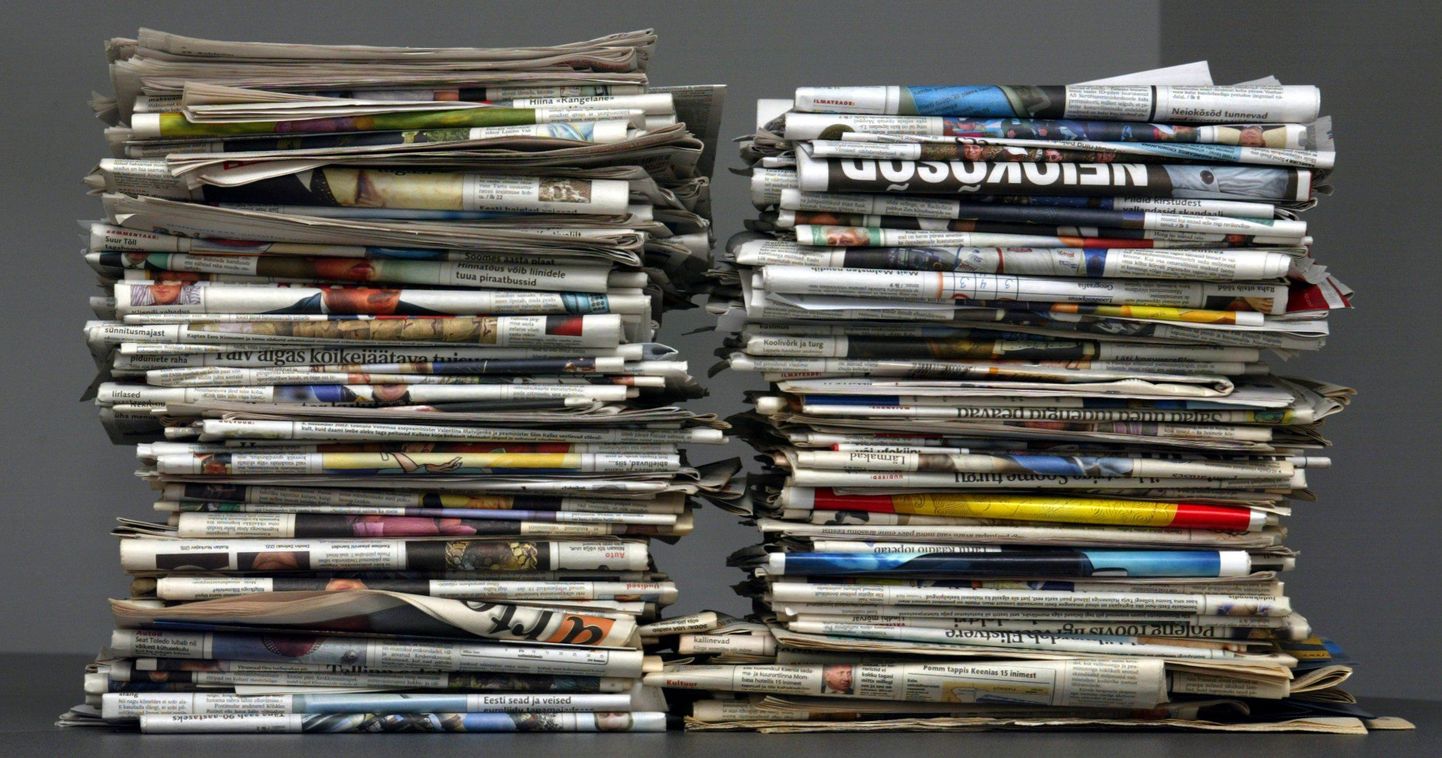
Donations to political parties declined in 2012.

Donations to political parties declined in 2012.
The political parties' annual reports show that donations dropped steeply in 2012, making them even more dependent on state support. The Reform Party's donations fell almost fourfold, from 452,945 euros in 2011 to 115,350 in 2012. The Pro Patria-Res Publica Union (IRL) received 460,000 euros worth of donations in 2011 and only 136,000 in 2012. The Center Party's donations fell from 284,080 to 120,659 euros, while the Social Democratic Party received 77,392 euros in 2012, down from 257, 251 in 2011. The Center and Social Democratic parties succeeded in boosting their incomes from membership fees, while the Reform Party's and IRL's payment of membership fees deteriorated last year. The greatest source of the parties' income is the state budget. Out of the Reform Party's 2012 income of 1,889.583 euros, 1,762.234 came from the taxpayer. The corresponding figures for the Center Party were 1,555.364 and 1,388.427 euros, for the IRL 1,373.100 and 1,228.223 euros and for the Social Democrats 1,118.471 and 1,014.619 euros.
Economy Ministry preparing to control the energy market.
The Ministry of Economy and Communications is preparing to draft law amendments aimed to prevent steep fluctuations in electricity price. "If the electricity exchange cannot ensure uniform action in all Baltic states and it will have a negative effect on the Estonian consumer, we have to consider law amendments," said Ando Leppiman, deputy secretary general of the ministry. He specified three problems, which require regulation: the competition watchdogs' right to monitor energy grid operators, the coordination of power stations' maintenance work and ensuring the uniform efficiency of the electricity exchange.